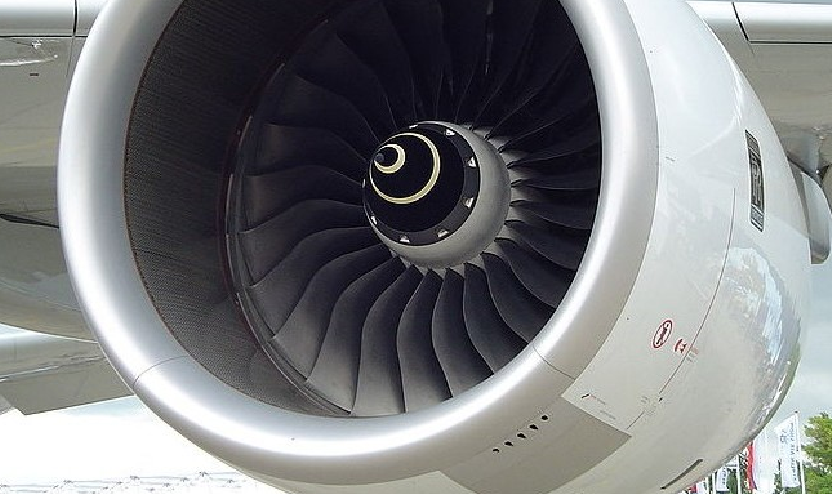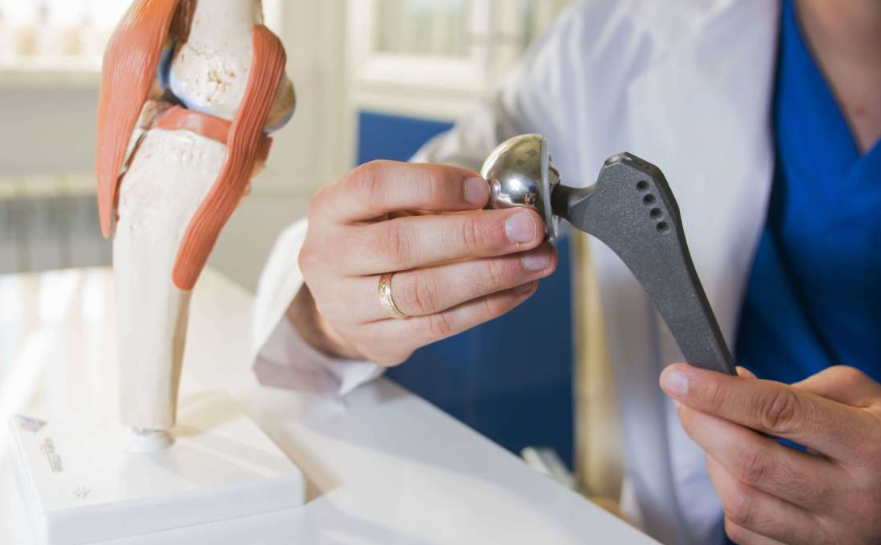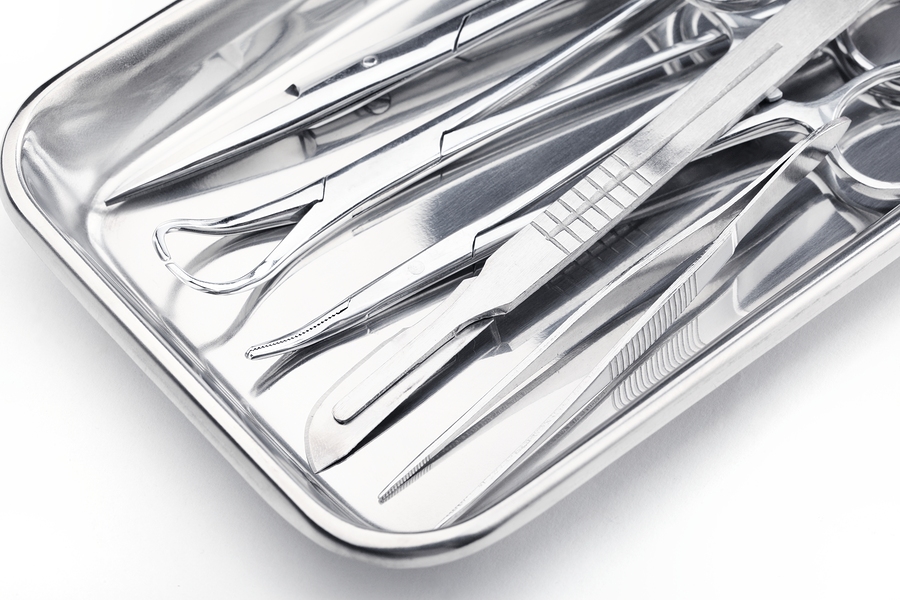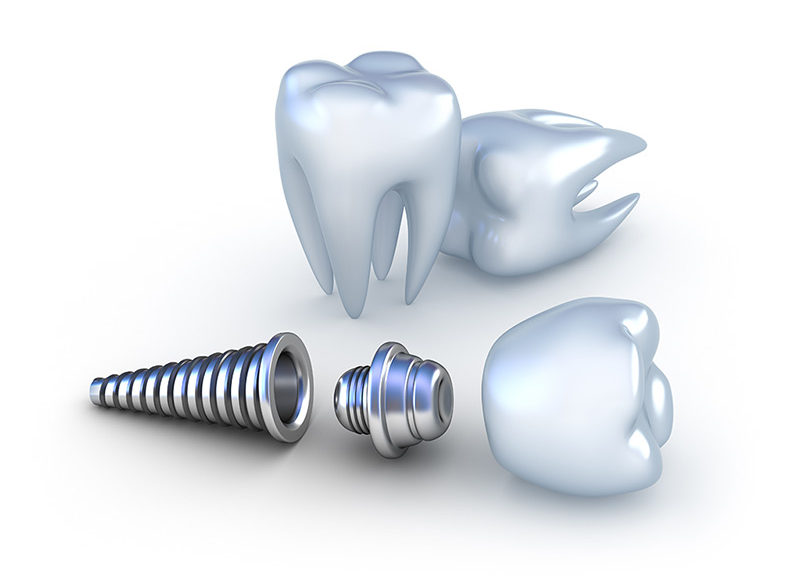Applications of Titanium Materials in the Medical Industry

Applications of Titanium Materials in the Medical Industry
Titanium is one of the refractory metals that have varied uses in human life. Because of its unique properties such as high strength, low density, high heat resistance, and anti-corrosion, titanium materials find their way into many industries. It is a well-known fact that the first applications of titanium are in the aerospace industry, where it was used for aircraft components.

Applications of Titanium Materials in the Aerospace Industry
Today, the medical field has also benefitted from titanium because of its non-toxic property and the unique ability to join with the human bone.
Orthopedic Surgery
The medical titanium alloy has a modulus of elasticity closer to that of human bone than stainless steel, so it is suitable for human orthopedic surgery. Research shows that NT-SMA is a new material integrating wear resistance, corrosion resistance, shape memory effect, pseudo-elasticity, and acoustic damping. It is widely used in orthopedics. For the titanium alloy materials applied to the human body, countries are still constantly striving to explore and seek new and safer, and reliable titanium alloys for the benefit of people all over the world.

Applications of Titanium Materials in Orthopedic Implant
Pharmaceutical Industry
Titanium is mainly used in the pharmaceutical industry for making containers, reactors, and heaters. The equipment in pharmaceutical production often comes into contact with inorganic acids, organic acids, and their salts such as hydrochloric acid, nitric acid, and sulfuric acid, which are often damaged by corrosion. At the same time, iron ion pollution caused by steel equipment affects product quality. The above problems can be solved with titanium equipment.
For example, penicillin esterification kettle, saccharification tank, chloramphenicol thin-film evaporator, Analgin reactor, miter filter, dimethyl sulfate cooler, chemical liquid filter, etc., all have precedents for selecting titanium materials. The quantity and quality of the produced liquids are constantly improving, and the quality is in full compliance with the Pharmacopoeia regulations.
Medical Instruments
Titanium and titanium alloys have good corrosion resistance, and titanium is non-toxic and non-magnetic, making it a good choice for medical devices. In the history of the development of surgical instruments, the first generation of surgical instruments was mostly made of carbon steel, which was eliminated because the performance after electroplating did not meet the clinical requirements.
The second generation is austenitic, ferritic, and martensitic stainless steel surgical instruments, but the chromium in the stainless steel is toxic, and the chrome-plated layer has a certain influence on the human body.
Therefore, the third generation - titanium surgical instruments appeared. Titanium has a lightweight property that makes it particularly suitable for microsurgery. Titanium is non-magnetic, eliminating the threat of damage to tiny, sensitive implanted electronic devices. Titanium has been used to make surgical blades, hemostats, scissors, electric drills, tweezers, and more.

Applications of Titanium Materials in the Medical Industry in Medical Instruments
Dental Application
Titanium has excellent corrosion resistance and human affinity and is suitable for use in the dental field in consideration of metal allergy and specific strength. Metals used in dental surgery began with amalgams and metal crowns in the 1920s; gold, silver, and palladium alloys were used in the 1960s; stainless steel became a permanent and detachable instrument for orthodontics after the 1970s; titanium casting technology was promoted and applied in the 1990s.
In metal materials used for hard tissue repair in the human body, the elastic modulus of titanium is closest to human tissue, which can reduce the mechanical incompatibility between metal implants and bone tissue. The thermal conductivity of titanium is the lowest of all dental repair metal materials, and the low thermal conductivity can reduce the thermal stimulation of the dental pulp of the toothed crown and is important for dental restoration.
The most commonly used titanium alloy is Ti-6Al-4V alloy, but because metal V is harmful to the human body, Nb is used instead of V, and Ti-6Al-7Nb alloy is successfully developed. It has excellent corrosion resistance and is basically harmless to the human body. It also has other advantages such as strong plasticity and excellent abrasiveness, which has been approved by ASTM standards.

Applications of titanium in dental implants
At present, superelastic Ti-Ni alloys are being applied to tooth straightening. Since the 1980s, developed countries have begun to study the applications of titanium in oral prosthetics, first for dental implants, and later for denture brackets, crown bridges, and dental spurs. At present, titanium can be used as crowns, fixed bridges, porcelain bridges, bonded bridges, denture snap rings, bases, connecting devices, and stiffening devices, almost all metal parts of dentures can be made of titanium.
Advanced Refractory Metals (ARM) supplies people with high-quality titanium products, including titanium wire, titanium rod, titanium foil, etc. with competitive prices and great delivery time. Please visit https://www.refractorymetal.org for more information.
{{item.content}}
LEVE A REPLY
{{item.children[0].content}}
{{item.content}}






